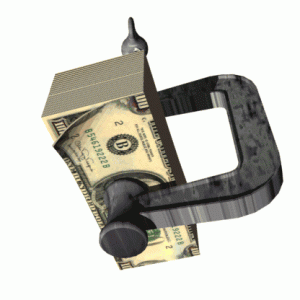CSLB Announces Zero Tolerance Enforcement Policy for C-10 Electrical Contractors.
—————————————————————————————————
SACRAMENTO – The Contractors State License Board (CSLB) established a zero-tolerance enforcement policy in 2010 and now issues legal action against any C-10 Electrical contractor who willfully employs an uncertified electrician to perform work as an electrician. CSLB is legally required to open an investigation and initiate disciplinary action against the contractor (which may include license suspension or revocation) within 60 days of receipt of a referral or complaint from the Department of Industrial Relations’ Division of Apprenticeship Standards (DAS).
Labor Code Section 3099.2 stipulates that anyone who performs work as an electrician for C-10 Electrical contractors shall hold an electrical certification card issued by DAS; DAS is required by Labor Code Section 3099.2 to report violations to CSLB.
Electricians are defined as those who engage in the connection of electrical devices for C-10 contractors. It is CSLB’s position that electrical work must be performed by either a state-licensed or a certified electrician. An indentured apprentice or state-registered electrician trainee may also perform electrical work if supervised by a state-certified electrician. Trenching, concrete, framing, and other work that does not involve connecting electrical devices may be performed by noncertified workers.
Learn more about electrician certification by visiting the Division of Apprenticeship Standards website
Contact a CSLS School Administrator to assist in purusing your C-10 License today! www.MakeMeAContractor.com








